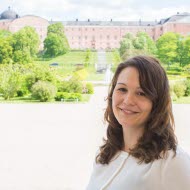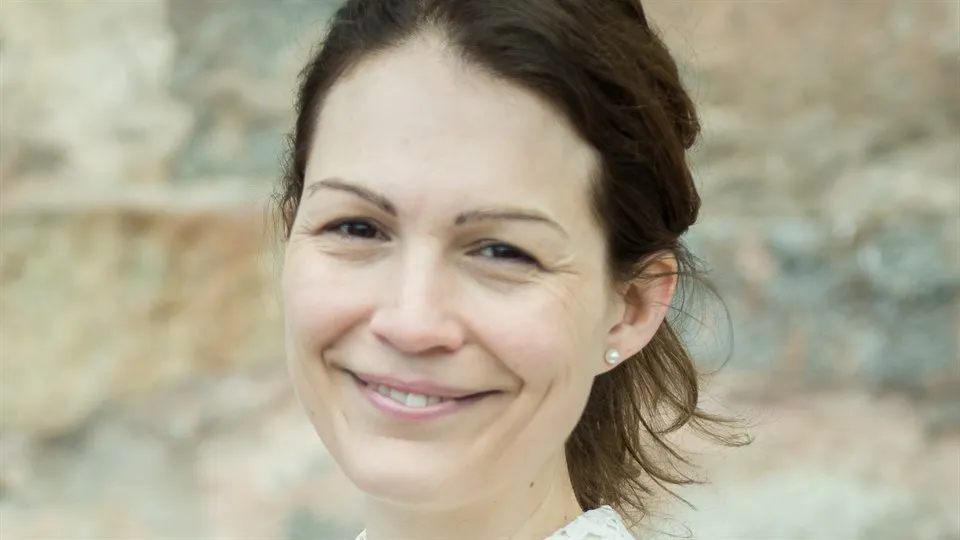Anna‑Karin Stockenstrand
Anna-Karin Stockenstrand is a researcher in business administration and works at CER - Centre for Research on Economic Relations. Her research has a strong focus on the field of pensions.
Tell us about Anna-Karin Stockenstrand?
I am a researcher and teacher at CER, splitting my time between Uppsala and Sundsvall. In my life, there's a lot of music and books of various kinds, but also time spent outdoors. I enjoy working in the garden on Alnö and experimenting with new things to cultivate in the allotment by the Fyris River. When I have spare time, I play the violin, which has always been a passion of mine.
What is your research about?
Currently, I am working on a research project. There's talk about people working longer, and we must take greater responsibility for our own pension and financial situation as we age. But what are the conditions required for people to be able and willing to work longer? This is the focus of my research project.
How did you become interested in the field of pensions?
Partly, because it is a socially relevant field. Everyone is affected by it, and I believe much more research and more studies in the field are needed so that we understand as much as possible about the connections that exist. But it also raises interesting theoretical questions.
Why is your research needed?
The insurance and pension field is currently undergoing a fundamental transformation due to globalization, digitization, and the development of big data. Additionally, new regulations and other changes are emerging, such as the fact that in the future, we will retire later than before and that we need to save more on our own. All of this combined raises many questions that we need to delve into.
What did it mean to be able to use funding from the Swedish Research Council?
The funds from the Swedish Research Council allowed me to focus on my research for several years, which was crucial for me in building up my research in financial regulation and supervision. I was also a guest researcher in England for six months and initiated new collaborations both in Sweden and abroad. Conducting empirical research is incredibly time-consuming, and it also requires time to analyze, process, and report results – I had the opportunity to do all of that.
How do you balance your time between research and teaching?
When I had funding from the Swedish Research Council, I dedicated myself to research almost full-time for three years, and currently, I am primarily focused on teaching. This is exactly how it should be in my opinion – periods of intensive research followed by periods of intensive teaching. This way, you have the chance to excel in both tasks, and the work becomes diverse and enjoyable.
Dream scenario in terms of your job?
The best part of my job is meeting young people in my teaching and trying to make them feel that accounting is both fun and important, because it is!
Contact

